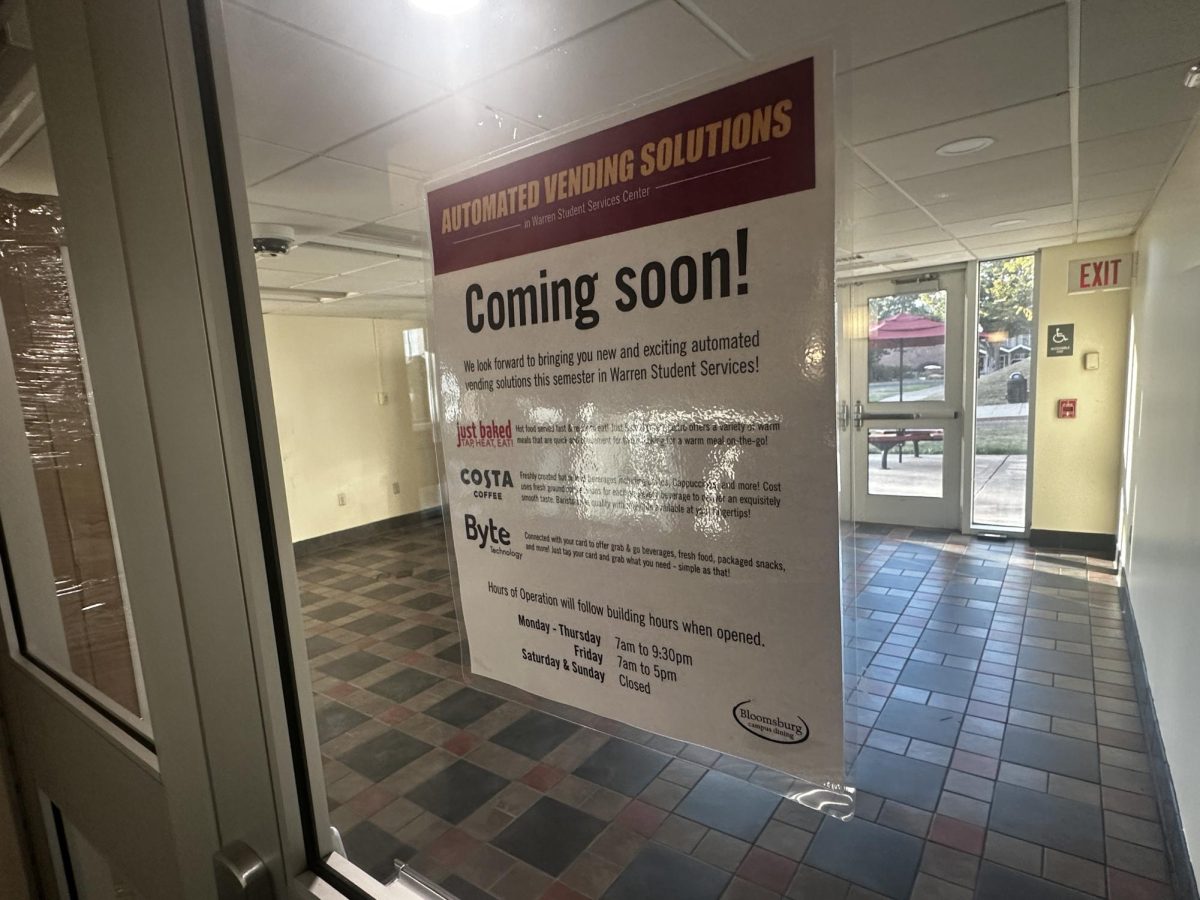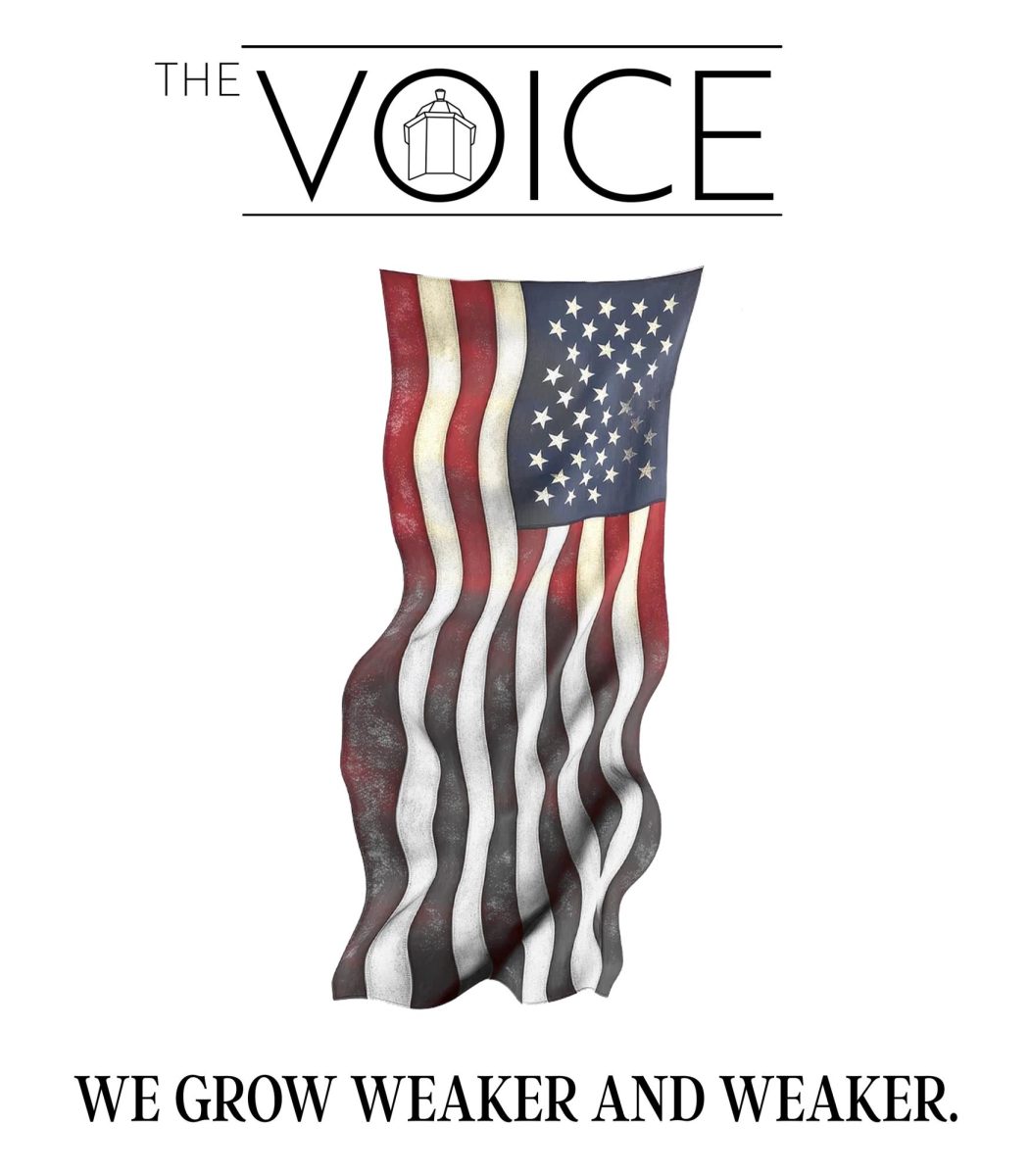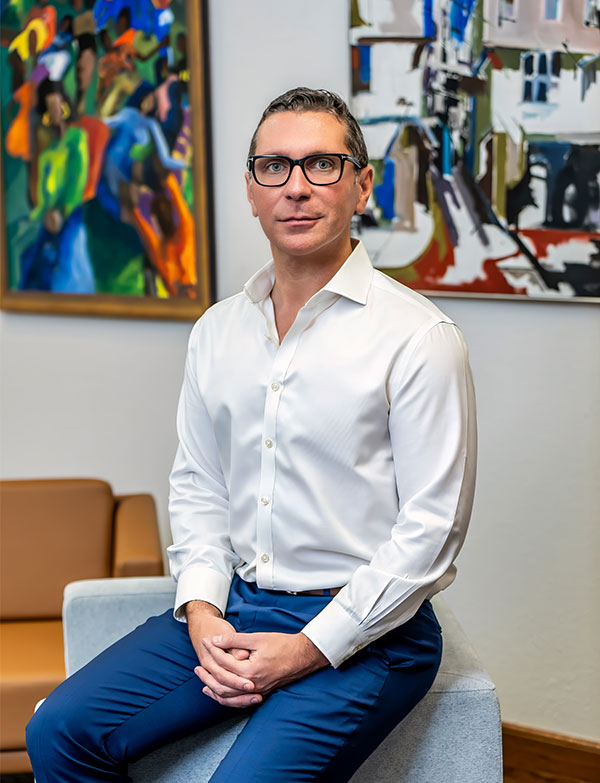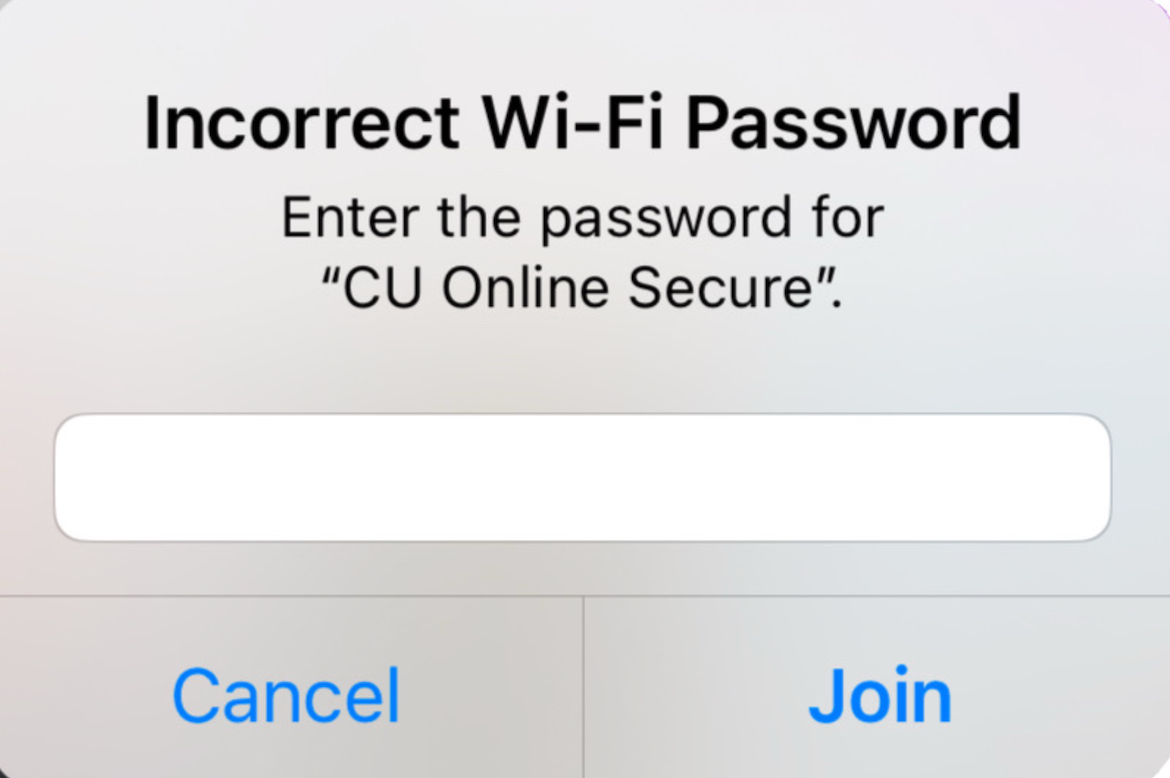Textbooks are bought by students across the three Commonwealth campuses every day, yet, students wonder: where does that money go? Laura Heger, the Commonwealth University bookstore manager, gives her insight. Heger states, “The margin is very slim on the sale of all course materials formats. The proceeds generated are reinvested into the institution.”
Each campus’s bookstore is owned by the respective student governments. Bloomsburg’s is owned by CGA and Lock Haven’s as well as Mansfield’s is owned by SGA. All the funds generated from all sales, including textbooks, go right back into the campuses through their organizations, improvements, and events.
Through the integration, not much has changed for the sales of textbooks themselves, especially for the Bloomsburg campus. The biggest change comes from the Bloomsburg University Store absorbing “all things related to course materials for all of Commonwealth University,” states Heger. All campuses can order course materials through the same website (commonwealthubooks.com) and Bloomsburg students can still pick up and purchase textbooks in store like normal. As for Lock Haven and Mansfield, their materials are delivered to their corresponding campuses free of charge throughout the first few weeks of the semester.
All the campuses are also seeing a steady rise the number of Inclusive Access usage. Inclusive Access gives students all their course materials for that class in one spot while also giving them cheaper prices. Heger tells that, “Bloomsburg has a total of 645 sections participating in Inclusive Access this fall, where last fall, Bloomsburg has 585 sections participating.” Still, which materials to use for courses is up to each professor and what they decide is best for their course regarding content, cost, availability, and accessibility.
One change that has been seen is the revoking of clicker usage. The university is adapting to the technological advances and using free apps such as Kahoot! and Mentimeter to replace the more expensive technology such as the clicker. Heger states, “They have been phased out just like any other antiqued technology. It’s similar to the reason we see fewer spiral notebooks and virtually no flip phones on campus.”
If students are ever looking for a way to get some of their money back from expensive textbooks, the Bloomsburg campus store runs a textbook buyback where the university will buy textbooks back from students for the book’s current market value.























